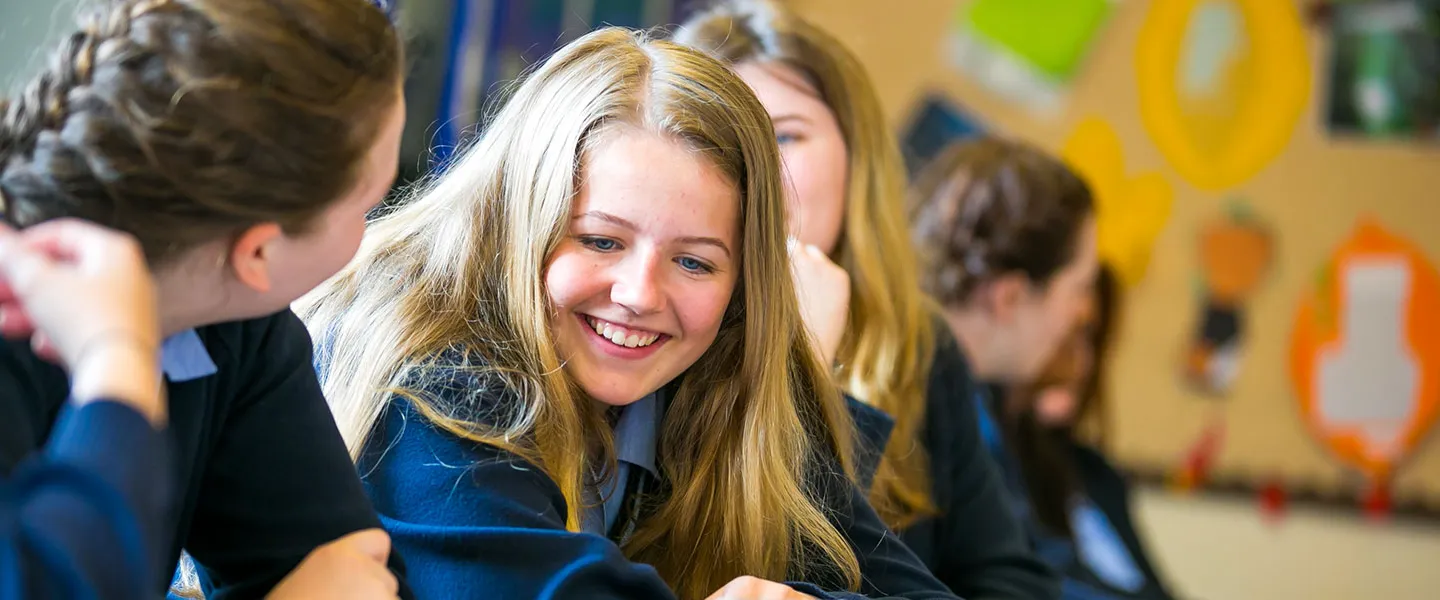Two Sixth Formers were privileged to be able to attend a Learn From Auschwitz day this week as they visited Poland along with other pupils from the North West, for a guided tour of the site of the WWII atrocities.
Alex and Lucy set off on Wednesday with an early start of 4.30am. When they arrived at the Auschwitz I camp, they were introduced to their guide Pietr who told them about the atrocities that had happened exactly where they stood. The Auschwitz I site itself is now mainly a memorial site; the brick barracks have been converted to museums containing artefacts; photographs of victims, clips from speeches and the victims' belongings such as shoes, suitcases and clothes. These museums were particularly moving as they were told about specific testimonies of victims who had perished at Auschwitz.
At the end of the tour, they were taken to one of the first gas chambers created and used by the Nazis in the Holocaust. Lucy explained: "We saw the buildings, barracks and watchtowers we had seen in our textbooks and were able to gauge the reality of the tragedies that happened there. We walked alongside the renowned railway tracks used to transport victims away from their lives and from humanity. Our LFA educator emphasised the importance of looking beyond the camp and not at where the victims perished, but instead at where they came from, their lives before the Holocaust and not letting them be defined by how they died. We also observed the remains of the gas chambers used to systematically erase thousands of lives at once, in an effort to hide the crimes committed here."
At the end of the very poignant day, the group gathered to hear poems, stories and say prayers. They were lucky enough to hear Rabbi Marcus MBE of the Central London Synagogue deliver an evocative sermon about the lasting effects of the Holocaust as he talked about the Pittsburgh Synagogue shooting just a few weeks ago. He talked about the targeting of Jews and about the sheer number of Jews murdered as a result of hateful propaganda and rhetoric, and the dangers they can bring. They ended the memorial with a Yiddish prayer and the girls lit candles to leave at the memorial out of respect.
Lucy added: "By the end of the day, we were emotionally and physically drained but we were so grateful for our opportunity to visit a place of such everlasting significance. Despite it being a difficult and emotive trip, both Alex and I have gained so much from it in terms of our ability to conceptualise such an atrocity and we will be attending our follow-up seminar on the 11th of November to talk about what we have learnt and how the trip has affected us."
